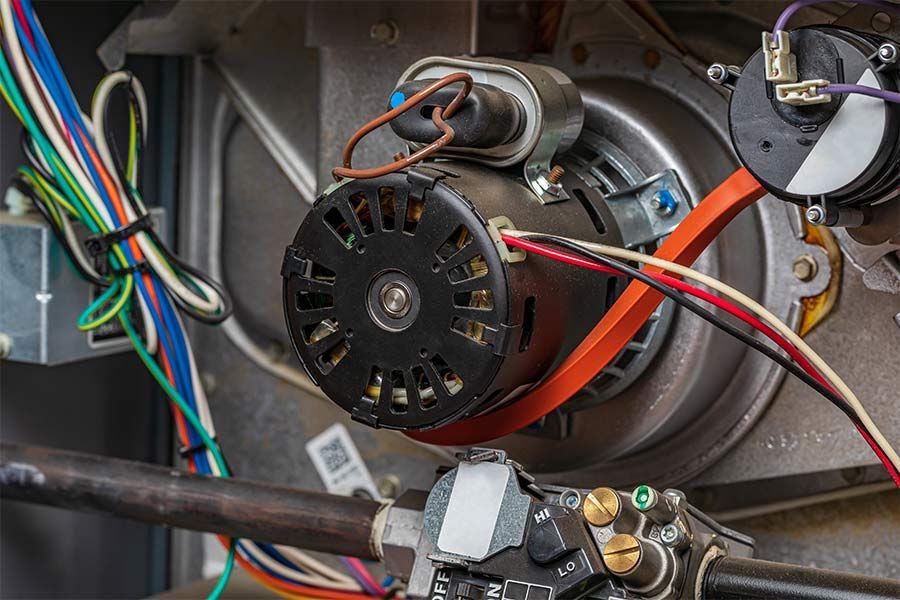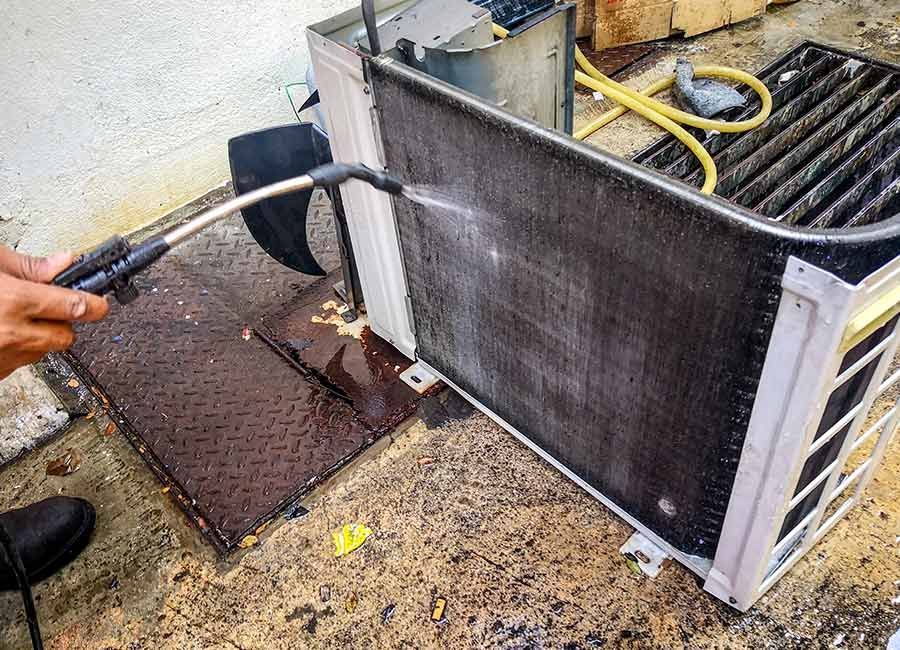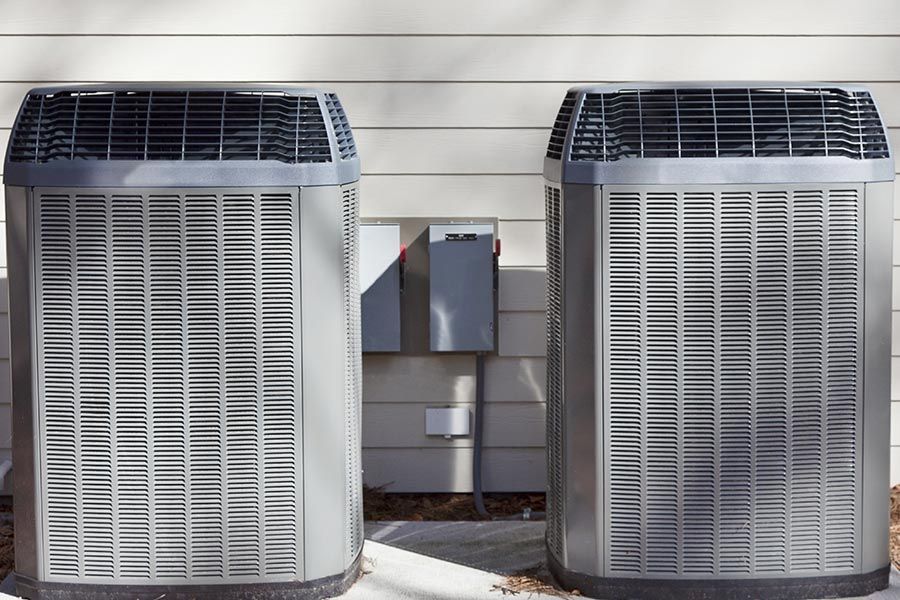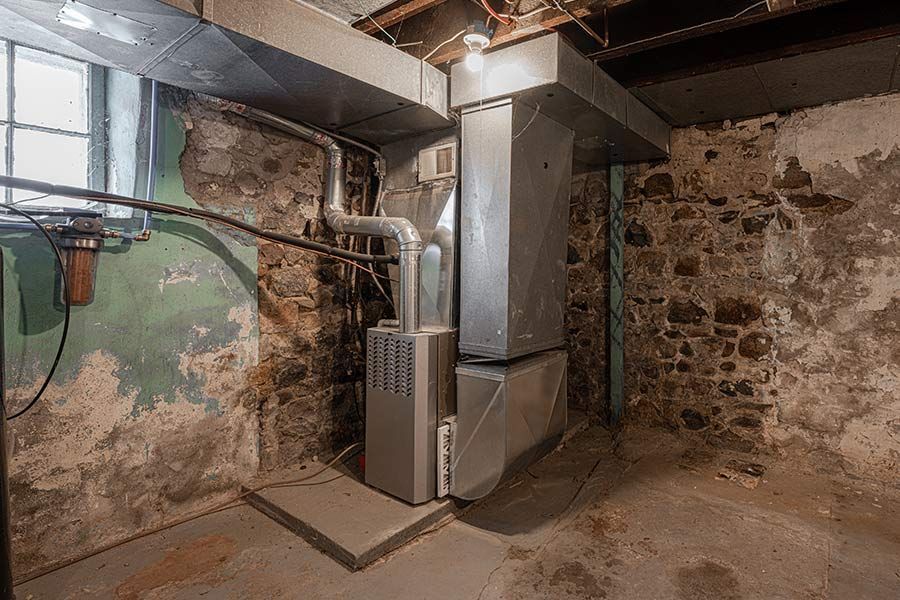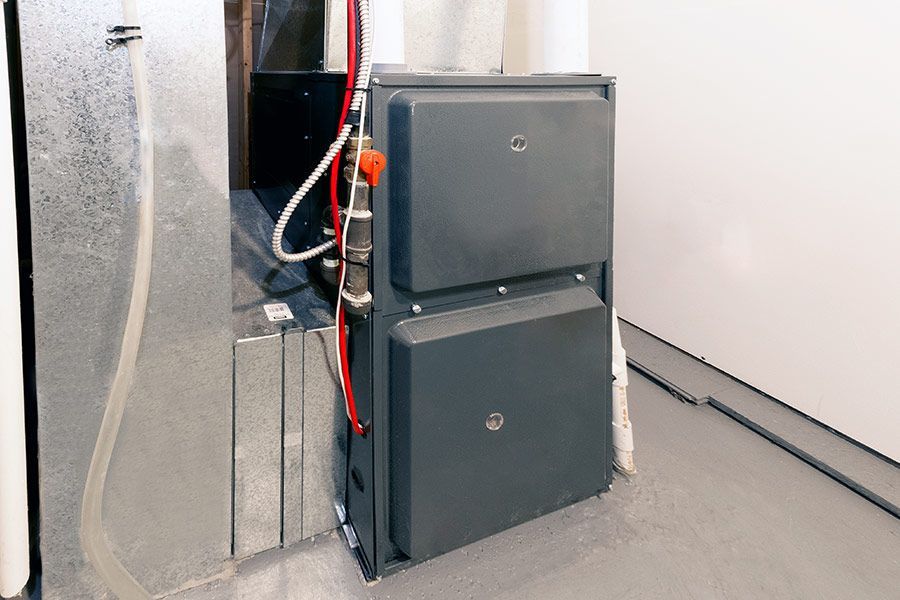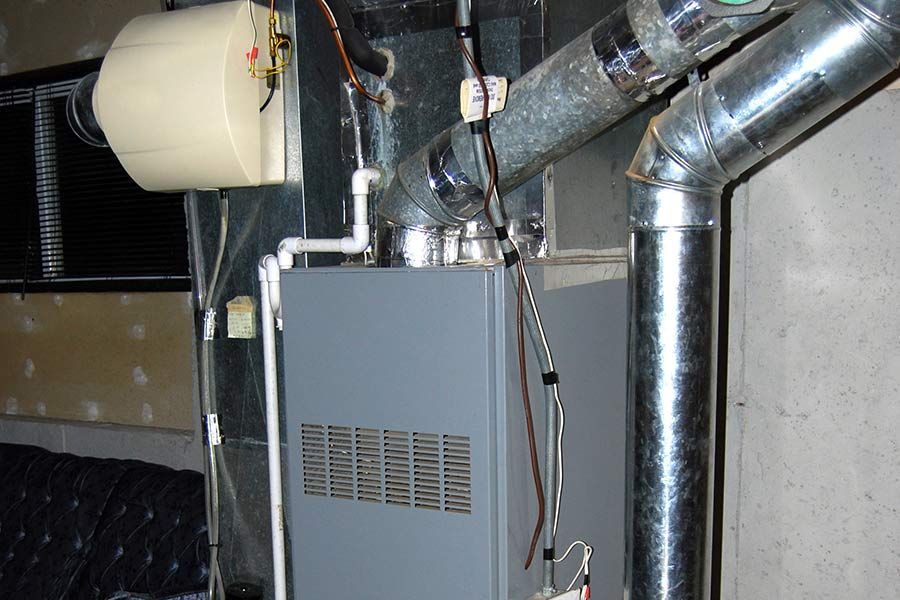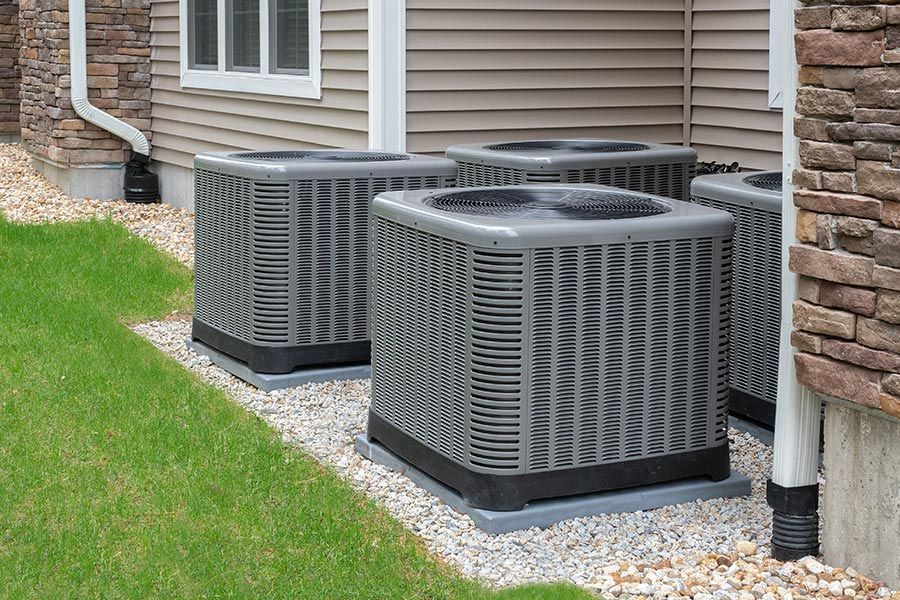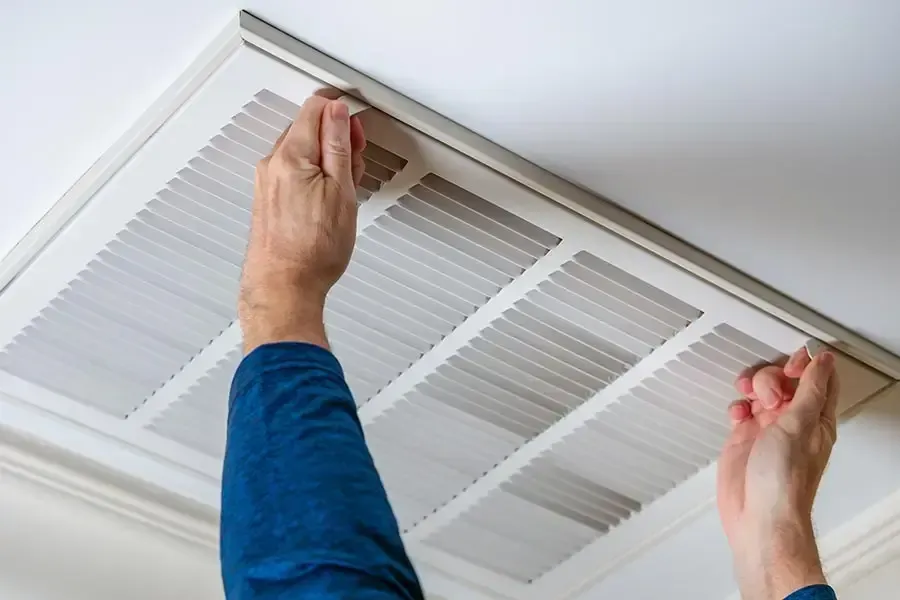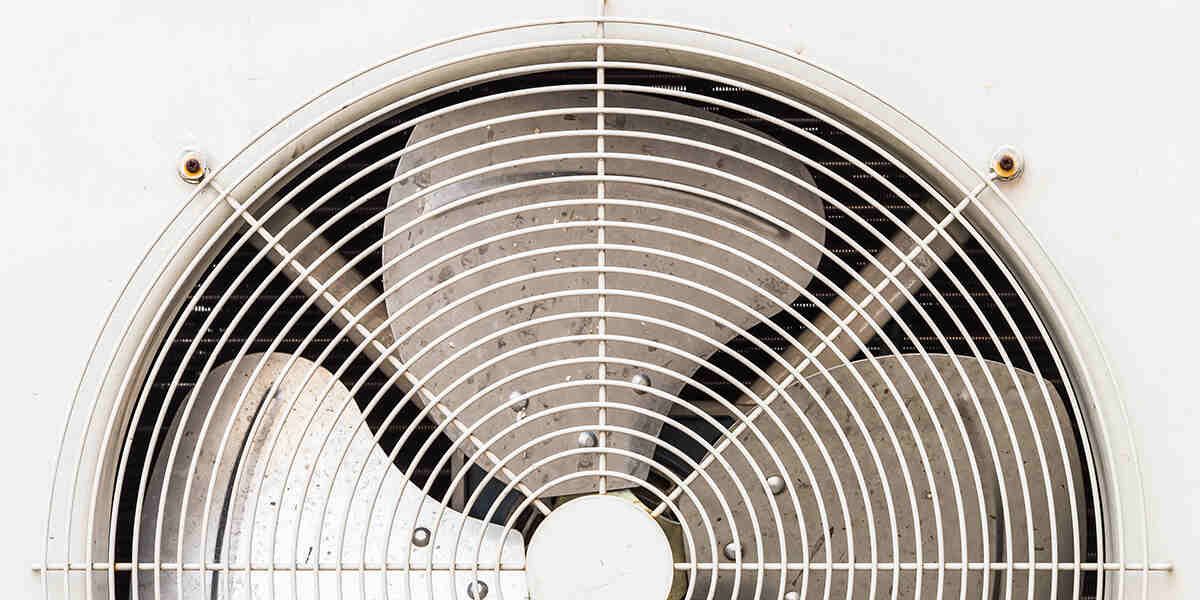We're Not Comfortable Until You Are
How To Tell If AC Compressor is Bad: 8 Signs
If you have found your way to this article, you may wonder how to tell whether an AC compressor is bad. We have all the information you’ll need to diagnose your bad AC compressor symptoms. The compressor is the most important component of an AC unit, as its primary function is cooling the home. Knowing the warning signs of a bad air compressor can help you avoid being without cool air on the most critical days.
An AC compressor often shows signs of failure before the unit shuts down completely. For that reason, we recommend having an expert assess failure symptoms as soon as you notice them. This action will likely cut down on future labor costs while increasing the longevity of your air conditioning unit.
If you believe something may be wrong with your AC compressor or your air conditioning in general, call your AC repair contractors in Bozeman to have it professionally inspected.
What Is an AC Compressor?
The AC compressor plays a vital role in the overall functionality of an air conditioning unit. Because the compressor is responsible for cooling the home, the air will not cool when the compressor is broken.
To better understand the cooling process of an air conditioner, we’ll break it down by part. First, the evaporator coil’s function is to remove heat from the air using refrigerant. To achieve this, a condenser unit moves the refrigerant into the cooling coils. Next, your AC compressor allows the refrigerant to move cool air into the home, expanding into a gas as it collects heat. Finally, the heat pumps back into the condenser and releases through the AC’s outdoor unit. This process repeats indefinitely, resulting in constant airflow.
By now, you should understand the function of the AC compressor and why it plays a vital role in the cooling process. Below, we’ll detail the warning signs of a bad AC compressor and the steps you should take to address this common issue.
1. Clicking or Chattering
While an AC unit normally makes a humming noise when starting, pay close attention if this noise develops into clicking or chattering. The change in noise usually indicates the unit is struggling to turn on and off, possibly due to the electrical relay switch failing or wearing out. An HVAC expert will be able to address this issue to get your AC compressor functioning correctly again.
2. Rumbling and Rattling
If you hear rattling noises within your AC unit, it can indicate failing compressor mounts and a loose motor. Often, the mounts will detach, which can be challenging and potentially dangerous to fix without the help of an HVAC professional. Now is not the time to go the DIY route.
3. Restricted Airflow
If you notice decreased airflow or if your AC unit produces warmer or colder air than usual, this can signify two issues. First, check your air ducts and filters, which may become clogged with dust and debris over time and need replacing. If this is not the case, the restricted airflow may indicate your air compressor is weak and requires attention from an HVAC expert.
4. Warm Air Flowing
If your AC unit blows warm air, this often signifies AC compressor failure caused by low refrigerant or a refrigerant leak in your system. If the issue is low refrigerant, this is a simple fix, and you can have an HVAC expert top it off to resume cooling the home. However, a leak is a more serious issue and will require careful attention from an AC professional to ensure safety.
5. Refrigerant Leak
In addition to warm air blowing, puddles of water or excessive moisture surrounding your AC unit can signify a refrigerant leak. If this is the case, the compressor will shut down once the refrigerant leaks out completely. Please note there are serious health risks linked to refrigerant leaks in the home. You should call an HVAC expert for refrigerant leak repair as soon as you notice any signs of leakage.
6. Tripping Circuit Breaker
Are you unsure why your circuit breaker keeps tripping? The reason could be an overheated compressor, causing the unit to draw too much power and shut down. Do not continue to reset the breaker, as this could create a fire hazard. Instead, consult an AC expert knowledgeable in electrical repairs.
7. Unit Vibrates When Starting
If your AC unit vibrates when turned on, this is referred to as a “hard start,” meaning the unit is having trouble turning on. A hard start is a sign that a compressor is close to failing. Call an AC professional to ensure your air conditioning unit continues cooling your home.
8. Air Conditioner Won’t Turn On
If your air conditioning won’t start, it may or may not be a compressor issue. First, check the circuit breaker box and find the breaker that controls the flow of electricity to your air conditioning unit. Then, turn the breaker off and back on. If the compressor is still not working, check the fuse box, as there may be a blown fuse that an HVAC expert can quickly repair.
Premier Systems Is Here To Help
At Premier Systems, we know how distressing life can be without cool air. As a result, our goal is to ensure your AC unit runs without issue when you need it most. As this article discusses, there are many ways to tell whether an AC compressor is bad. Additionally, we provide helpful information on reasons your air conditioner smells, among other common reasons for HVAC issues.
We hope this information has helped you understand how to tell whether an AC compressor is bad while pointing you in the right direction on how to fix these issues. If you find that your compressor needs a replacement, Premier Systems is your go-to company for heating and cooling services in Bozeman, MT. Our team is happy and available to assist you with your general HVAC needs, including
AC compressor replacement, and we look forward to helping keep your home comfortable all year.
We offer a variety of services to help keep your home running, including AC and heating services, indoor air quality support, HVAC services, and even a membership program.
Useful Links
Our Services
Contact Info
Premier Systems
All Rights Reserved | Premier Systems
All Rights Reserved | Premier Systems

